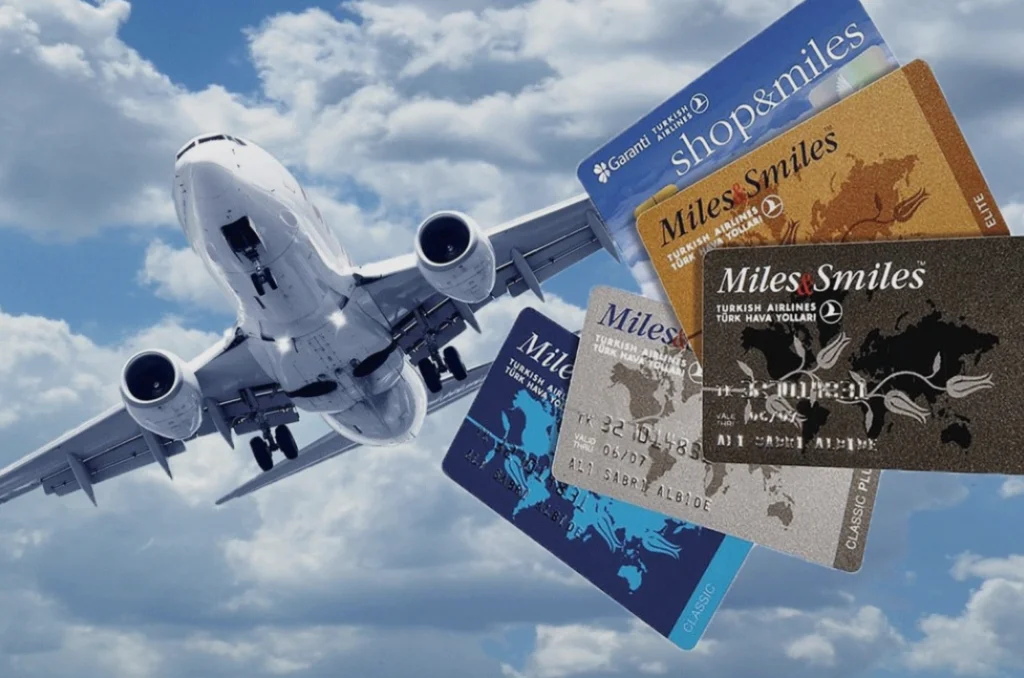Traveling on a budget can be an exhilarating experience, allowing you to explore the world without burning a hole in your pocket. However, one important aspect that many travelers overlook when trying to cut costs is travel insurance. Budget travel insurance offers affordable protection against various risks that could derail your journey, from medical emergencies to lost baggage. But what exactly is budget travel insurance, and how can you make sure you’re getting the best deal? This guide will walk you through everything you need to know to ensure you’re covered without overspending.
Understanding Budget Travel Insurance
Budget travel insurance is a simplified version of comprehensive travel insurance, designed to provide essential coverage while keeping costs low. It usually covers major risks such as trip cancellations, medical emergencies, and personal liability. While it may not offer the extensive coverage that more expensive plans do, budget travel insurance provides peace of mind for travelers who want basic protection without spending too much.
This type of insurance is ideal for those who are traveling on a tight budget, such as backpackers, students, or individuals on gap years. The idea is to focus on the critical risks associated with travel rather than paying for additional coverage that you may never use. By narrowing down your policy, you can save money and still be prepared for unforeseen circumstances.
Why You Need Travel Insurance on a Budget
Many people think that if they’re traveling cheaply, they can skip travel insurance altogether. However, this is a risky approach. Even on a budget trip, unexpected events can occur that may end up costing you a lot more than you saved by not purchasing insurance. For instance, a medical emergency in a foreign country can lead to massive hospital bills, especially if you need to be evacuated back home. Lost or stolen luggage can leave you stranded without essential items, and a canceled flight can result in costly rebooking fees.
Budget travel insurance offers a financial safety net for these types of incidents. It ensures that you’re not left footing the bill for unforeseen expenses, which can quickly spiral out of control. Moreover, it gives you peace of mind, allowing you to enjoy your trip without constantly worrying about the “what ifs.”
Choosing the Right Policy for Your Trip
When it comes to selecting a budget travel insurance policy, the most important factor is to make sure it suits your specific needs. There are many different policies on the market, and not all of them will be the right fit for every traveler. You need to assess what kind of coverage is most essential for your trip and choose a policy that focuses on those areas.
For example, if you’re planning a beach vacation in a popular tourist destination, your main concerns might be medical coverage and lost baggage protection. However, if you’re embarking on an adventure trip with activities like skiing or scuba diving, you’ll want to ensure that your policy includes coverage for sports injuries. Some budget travel insurance policies exclude high-risk activities, so it’s crucial to read the fine print.
Another important factor to consider is the geographical coverage of your policy. Not all insurance providers offer coverage for every country, so make sure your destination is included in the policy. Additionally, check if the policy covers multiple countries if you plan on visiting more than one.
Comparing Different Providers
One of the most important steps in securing affordable travel insurance is comparing different providers. There are numerous companies that offer budget-friendly options, so it’s worth taking the time to shop around. Don’t just go for the cheapest policy—make sure it covers the essentials you need for your trip. A cheap policy that doesn’t offer enough coverage can end up costing you more in the long run if something goes wrong.
When comparing providers, look at the reputation of the insurance company. Check online reviews, and consider asking friends or family for recommendations. Some insurers may offer slightly lower prices, but if they have a history of denying claims or poor customer service, it may not be worth the savings.
What’s Usually Covered Under Budget Travel Insurance
Budget travel insurance typically provides coverage for a few key areas, though it may not offer the extensive protection of higher-end policies. Here are the main areas you can expect to be covered:
- Medical Emergencies: This is the most crucial aspect of any travel insurance policy. Medical emergencies can be extremely costly when you’re abroad, especially if your home country’s healthcare system doesn’t cover you. A good budget travel insurance policy should cover emergency medical treatment, hospitalization, and medical evacuation if necessary.
- Trip Cancellation and Delay: If your trip is canceled due to unforeseen circumstances such as illness, natural disasters, or political unrest, your insurance should reimburse you for non-refundable expenses such as flights and accommodation. Similarly, if your trip is delayed, your policy should cover any additional costs incurred, such as hotel stays and meals.
- Lost or Stolen Baggage: Losing your luggage or having it stolen can be a nightmare while traveling. Most budget policies will cover the cost of replacing essential items, such as clothing and toiletries, up to a certain limit.
- Personal Liability: In case you’re involved in an accident that causes injury to another person or damage to property, your travel insurance policy should cover the costs. This type of coverage is particularly important if you’re engaging in activities like driving or biking.
What’s Not Covered Under Budget Travel Insurance
While budget travel insurance can offer excellent coverage in critical areas, it’s important to be aware of what’s usually not included. Knowing these exclusions can help you avoid unpleasant surprises if something happens during your trip.
- Pre-existing Medical Conditions: Most budget travel insurance policies do not cover pre-existing medical conditions, such as chronic illnesses or recent surgeries. If you have a pre-existing condition, you may need to purchase additional coverage, which can increase the cost of your policy.
- Extreme Sports and Activities: Many budget travel insurance policies exclude high-risk activities such as skiing, snowboarding, scuba diving, and bungee jumping. If you’re planning an adventure holiday, make sure your policy covers these activities, or consider purchasing a specialized policy.
- Civil Unrest and Acts of Terrorism: Some policies may not cover cancellations or interruptions due to civil unrest, war, or acts of terrorism. If you’re traveling to a region with political instability, check the policy carefully to see if these risks are covered.
How to Keep Costs Low
While budget travel insurance is already designed to be affordable, there are a few ways to keep your costs even lower. First, consider buying your policy as early as possible. Many insurance providers offer discounts for early purchases, and it also ensures you’re covered for any trip cancellations that may occur before you leave.
Second, think about bundling your insurance with other travel-related purchases, such as flights or accommodation. Some travel companies offer discounted insurance if you purchase it as part of a package deal. However, make sure that the bundled insurance offers adequate coverage before committing to it.
Finally, if you’re a frequent traveler, it may be worth investing in an annual travel insurance policy. These policies cover multiple trips throughout the year and can be a more cost-effective option for people who travel often.
Making a Claim
If something does go wrong during your trip, knowing how to make a claim is crucial. Before leaving on your trip, familiarize yourself with the claims process. Keep all necessary documentation, such as receipts, medical records, and police reports, as you may need to provide these to your insurer.
Most insurance companies allow you to submit claims online, but it’s important to act quickly. Many policies have a time limit for submitting claims, so don’t delay if you need to make one.
Conclusion
Budget travel insurance is a must-have for any traveler who wants to ensure peace of mind without spending a fortune. It offers vital protection against common travel risks such as medical emergencies, trip cancellations, and lost baggage. By carefully selecting the right policy, comparing providers, and understanding what’s covered, you can protect yourself without breaking the bank. Whether you’re a backpacker, student, or simply a traveler looking to save money, budget travel insurance is a smart investment for any trip.












Leave a Reply